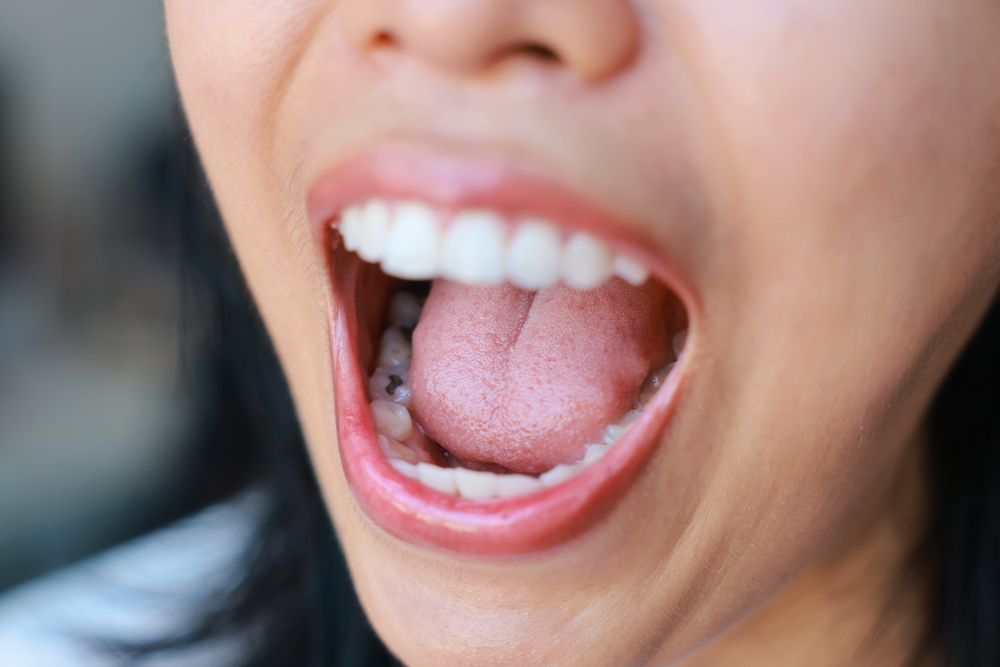
When it comes to your oral health, regular dental visits are one of the best ways to prevent problems before they start. But how often should you actually be seeing the dentist? While the standard advice is every six months, the right frequency can depend on your unique oral health, lifestyle, and risk factors.
Why Routine Dental Visits Matter
Even if you brush and floss every day, professional dental cleanings and exams play a vital role in your overall oral health. Plaque and tartar can build up in hard-to-reach areas, and many dental problems can develop without noticeable symptoms at first. Regular checkups help catch these issues early, when treatment is easier and more effective.
The General Rule: Twice a Year
For most people, seeing the dentist every six months is sufficient. These biannual visits are a cornerstone of preventive dental care and provide an opportunity to stay ahead of potential oral health problems. During each visit, your dentist and hygienist perform several important steps to keep your teeth and gums in top shape.
One of the primary components of these appointments is a professional cleaning to remove plaque and tartar that can’t be eliminated with regular brushing and flossing. This helps prevent tooth decay, gum disease, and bad breath. You’ll also receive a comprehensive oral exam, during which your dentist checks for signs of cavities, gum disease, and other dental concerns that might not be causing symptoms yet.
In addition, many routine visits include an oral cancer screening to identify any abnormal changes in the tissues of your mouth, which can be critical for early detection. X-rays may also be taken as needed to spot hidden problems beneath the surface, such as tooth decay between teeth, impacted teeth, or bone loss.
Together, these routine procedures help ensure your oral health is maintained, and any issues are addressed before they become more serious.
When You Might Need More Frequent Visits
Some patients may benefit from more frequent visits to the dentist. This includes individuals who:
• Have gum disease: Those with a history of periodontal disease may require cleanings every 3-4 months to prevent flare-ups.
• Are prone to cavities: If you develop cavities easily, more regular visits can help manage risk factors and preserve tooth structure.
• Wear braces or aligners: Orthodontic patients often need more frequent cleanings and monitoring to prevent plaque buildup around appliances.
• Have chronic health conditions: Conditions like diabetes or heart disease can increase your risk for oral health issues, warranting more frequent checkups.
• Smoke or use tobacco: Tobacco use can lead to gum disease, oral cancer, and delayed healing - regular dental visits can help monitor these risks.
Signs You Shouldn’t Wait for Your Next Appointment
Even if you’re on a regular schedule, certain symptoms should prompt you to see your dentist sooner:
• Persistent toothache or sensitivity
• Bleeding or swollen gums
• Bad breath that won’t go away
• Loose teeth or changes in your bite
• Sores or lumps in the mouth that don’t heal
What Happens If You Skip Visits?
Delaying or skipping dental appointments might seem harmless, especially if you're not experiencing any pain, but it can lead to serious consequences over time. When plaque buildup, gum inflammation, or hidden tooth decay go untreated, they can progress into more advanced dental conditions. Skipping routine care often results in problems like tooth decay, cavities, gum disease, and even tooth loss. It can also contribute to persistent bad breath, noticeable staining, and significantly higher dental costs in the future.
Beyond oral health, poor dental hygiene has been linked to systemic health issues such as heart disease and diabetes, making regular dental visits an important part of your overall wellness.
Ready for Your Next Dental Visit?
While twice-a-year visits are a great starting point, the best dental care plan is one tailored to your individual needs. At Reaves Dental, we personalize your care to ensure your smile stays healthy and beautiful for years to come.
If it’s been more than six months since your last dental exam, contact Reaves Dental and take a proactive step toward better oral health. Visit our office in New Hartford, New York, or call (315) 736-0139 to book an appointment today.








